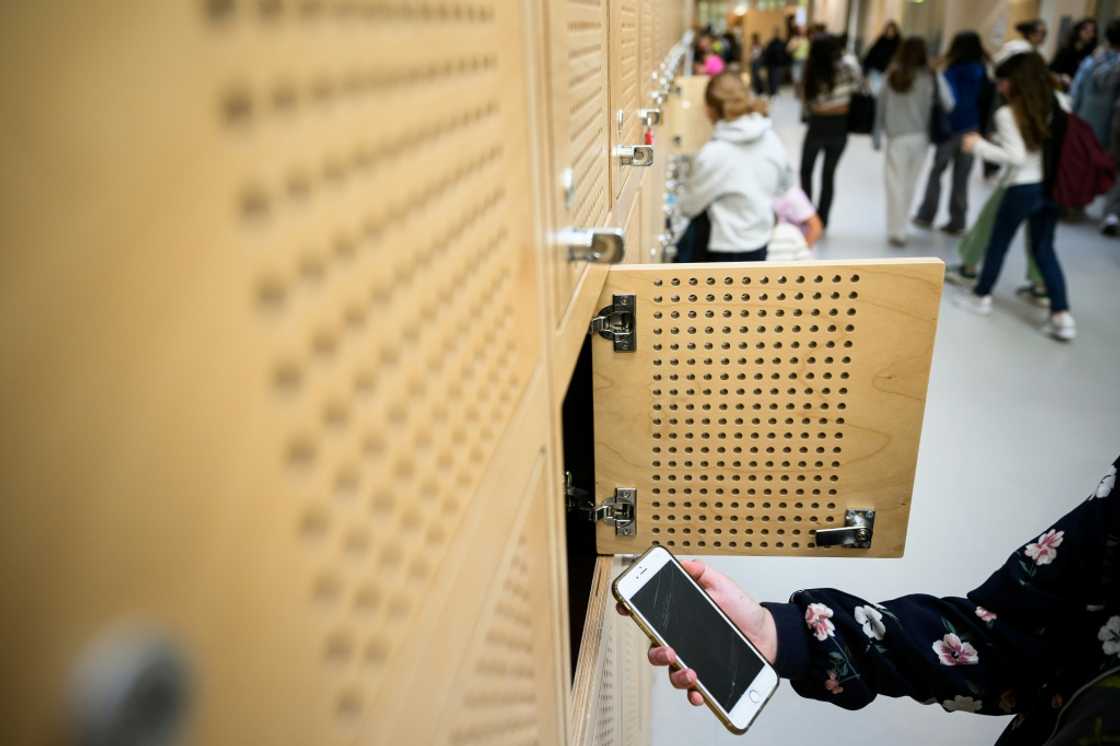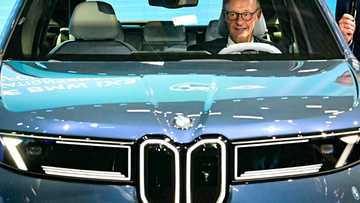EU grills Apple, Snapchat, YouTube over risks to children

Source: AFP
The EU Friday demanded digital giants including Snapchat and YouTube explain how they are protecting children from online harm, as member states explore restricting minors' access to social media at a European level.
The European Union has stringent rules regulating the digital space, including what children should be able to see, but there is increasing concern that more needs doing to tackle the issue.
Inspired by Australia's social media ban for under-16s, Brussels is analysing whether such a measure could work in the 27-country bloc after several states, including France and Spain, pushed for limits on minors' access to platforms.
Europe's biggest weapon for ensuring platforms tackle illegal content and keep children safe online is the Digital Services Act, which has sparked censorship claims from the US tech sector and retaliation threats from President Donald Trump.
Now, as part of "investigative actions" under the DSA, the European Commission has sent a request for information to Snapchat about what steps it is taking to prevent access for children under 13.
The commission has also asked Apple's App Store and the Google Play marketplace to provide details on measures taken to prevent children downloading illegal or harmful apps -- for example, those with gambling services or sexual content.
The EU wants to know in particular how Apple and Google stop children downloading tools to create non-consensual sexualised content -- so-called "nudify apps" -- as well as how they apply apps' age ratings.
"Privacy, security and safety have to be ensured, and this is not always the case, and that's why the commission is tightening the enforcement of our rules," tech chief Henna Virkkunen said before EU ministers met in Denmark.
A request for information can lead to probes and even fines, but does not in itself suggest the law has been broken, nor is it a move towards punishment.
Winds of change
Regarding Snapchat, Brussels wants to know how the messaging app stops users from buying drugs and vapes, a claim echoed by Danish Digital Minister Caroline Stage Olsen on Friday.
It also wants YouTube to provide details on its recommender system, "following reporting of harmful content being disseminated to minors", the commission said.
The demands are not the first under the DSA.
The EU is also probing Meta's Facebook and Instagram, as well as TikTok, over fears they are not doing enough to combat the addictive nature of their platforms for children.
In a parallel push on child protection, EU telecoms ministers will Friday discuss age verification on social media and what steps they can take to make the world online safer for minors.
They are expected to agree on a joint statement backing EU chief Ursula von der Leyen's plans to study a potential bloc-wide digital majority age, according to a draft document seen by AFP.
Von der Leyen has voiced personal support for such a move, and said last month she would establish an experts' panel "to assess what steps make sense" at the EU level.
Denmark, in charge of the rotating six-month EU presidency, has been pushing the bloc to take more collective action through new rules.
Prime Minister Mette Frederiksen said Tuesday Denmark planned to introduce a ban on social media for children under the age of 15.
France already has a law requiring parental consent for social media users under the age of 15.
Source: AFP





